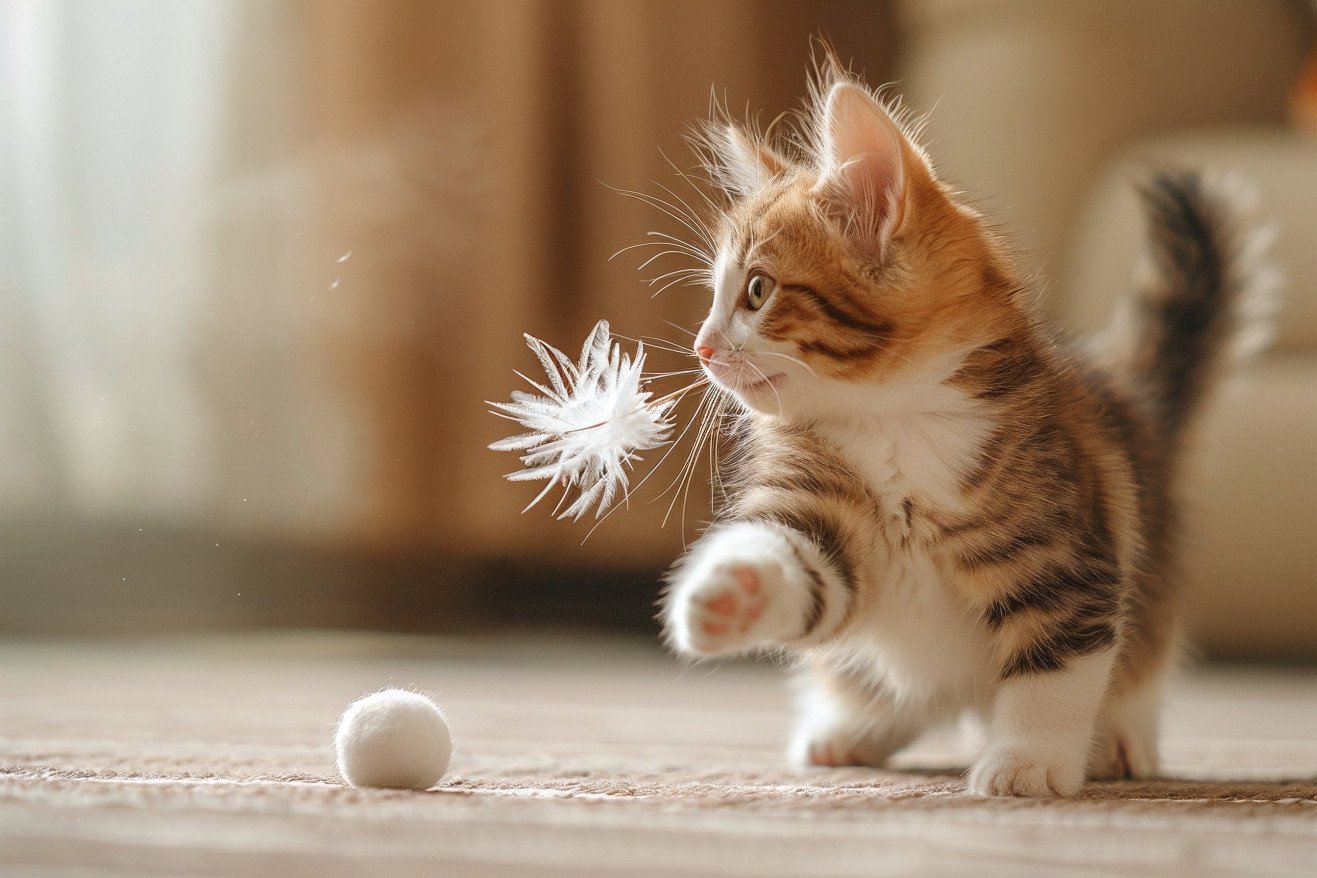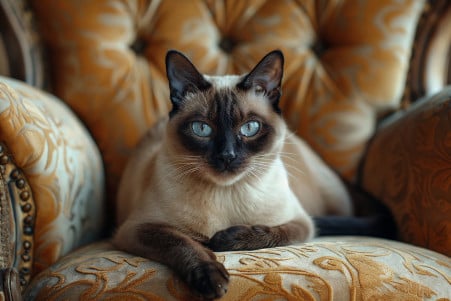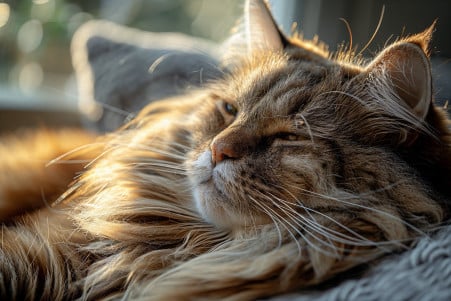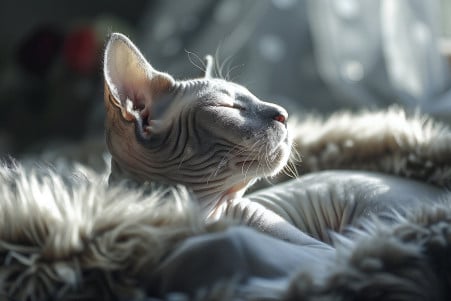Munchkin Cat Lifespan: What to Expect for These Unique Felines
20 April 2024 • Updated 19 April 2024

How long can you expect those cute, short-legged munchkin cats to live, and what factors can affect their lifespan? On average, munchkin cats live to be between 12 and 14 years old with proper care. However, their genetic mutation can lead to issues with their joints and spine as they age, so it's important to make sure they're getting the right food, exercise, and medical attention.
To take a deeper dive into the average munchkin cat lifespan, we'll look at studies from both feline geneticists and veterinarians. This evidence-based investigation will explore the potential health risks associated with their short legs and lifestyle choices that can help ensure a healthy munchkin lives as long as possible. By the end, you'll have a thorough understanding of what you can expect when you bring one of these uniquely adorable pets into your home.
Do Munchkin cats have a shorter lifespan than other cats?
What Is the Munchkin Mutation?
Munchkin cats are known for their short legs, which is a result of a genetic mutation that causes a type of disproportional dwarfism. The mutation affects the development of the limbs and results in short legs while the rest of the body is normal in size. According to Wikipedia, the mutation is caused by an autosomal dominant gene known as achondroplasia.
The Munchkin breed as we know it today can be traced back to short-legged cats that were discovered in the 1980s. As The Munchkin Cat Guide explains, music teacher Sandra Hochenedel found two pregnant cats in 1983, and one of them gave birth to a litter where half of the kittens had short legs. One of those kittens, Toulouse, is one of the founding members of the modern Munchkin breed.
After being featured at a major cat show in 1991, the Munchkin was recognized as a breed by The International Cat Association (TICA) in 1994. Basepaws explains that although short-legged cats had been discovered before, it was the 1983 litter that led to the selective breeding program that resulted in the breed's recognition. By selectively breeding cats that carried the gene for short legs, breeders were able to make the lovable "sausage cat" a recognized breed by the mid-1990s.
Potential Medical Issues of Munchkin Cats
The munchkin gene mutation can cause a variety of musculoskeletal problems and abnormalities. As reported by Catster, these can include osteoarthritis, limb deformities, lordosis, and mobility issues. The UFAW notes that the abnormal shape of the limbs can cause an increased load on the joints, which can lead to an increased risk of osteoarthritis.
Munchkin cats may also be more prone to intervertebral disc disease, a painful spinal condition in which the protective discs between the vertebrae can herniate and press on the nerves, as stated by Catster. Radiographic studies have shown bone and joint abnormalities in munchkin cats, according to The Little Carnivore. It's important for these cats to be closely monitored by a veterinarian to ensure that any medical issues that arise are addressed.
How to Take Care of a Munchkin Cat
Munchkin cats need some special care to help them deal with their short legs. According to PetCareRx, this includes making sure they eat a healthy, well-balanced diet and don't overeat, which can make it harder for them to move around. The Spruce Pets also notes that they need regular exercise and mental stimulation to keep their muscles strong since they "can't jump as high as their longer-legged counterparts."
To make it easier for them to get around, The Spruce Pets recommends using ramps, steps, and low furniture to help them access different areas. They also need regular grooming, especially in places they can't reach. This will help them stay clean and prevent skin and coat issues. As explained by Medium, regular grooming also helps them stay comfortable.
Although munchkin cats need special care, they can live happy, healthy lives if they're given the right care and attention. That said, the ethics of breeding cats with genetic mutations are still up for debate.
Ethical Concerns of Breeding Munchkin Cats
The deliberate breeding of cats with genetic mutations is highly controversial, per CatTime, because it values looks over the well-being of the animal, especially since the munchkin gene can cause serious health problems like lordosis and pectus excavatum. As PETA explains, "The practice of breeding cats, or any animal, to have specific physical features is cruel and irresponsible."
Because of these concerns, major cat associations like the Cat Fanciers Association have refused to accept the munchkin as a breed, according to CatGazette. On the other hand, proponents argue that munchkin cats can lead relatively normal lives if they're well taken care of, per TreeHugger.
In the end, the question of whether or not it's ethical to breed cats for the munchkin gene is up for debate. As the studies show, it's a topic that's still hotly contested and not easily resolved in the world of cat breeding.
Wrapping Up: Lifespan Expectations for Munchkin Cats
Munchkin cats can be wonderful pets if their health and other needs are properly managed. However, potential owners should be aware of the health issues that can arise as a result of their genetic mutation, which can cause musculoskeletal problems such as osteoarthritis and mobility issues.
To ensure a munchkin cat's health and happiness, it's important to make sure that their living situation and care plan are tailored to their physical needs. This means ensuring that they have a healthy diet, get enough exercise, and have access to things like ramps and low surfaces. Regular veterinary care is also important to ensure that any health issues are caught and managed early.
That said, the issue of whether or not it's ethical to breed cats with genetic mutations is still a matter of debate. Potential owners should carefully consider this issue before bringing a munchkin cat into their home. And, working with veterinarians can help ensure that these cats are properly cared for.


